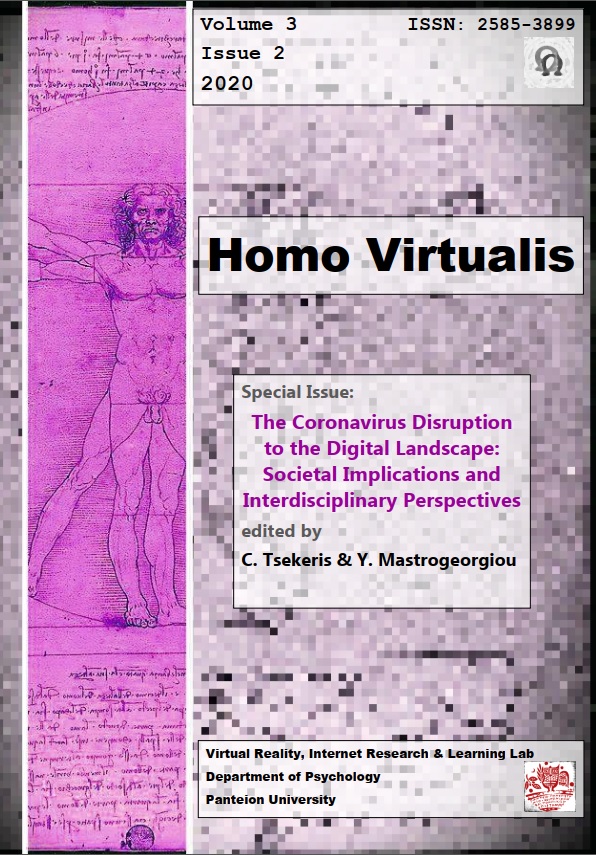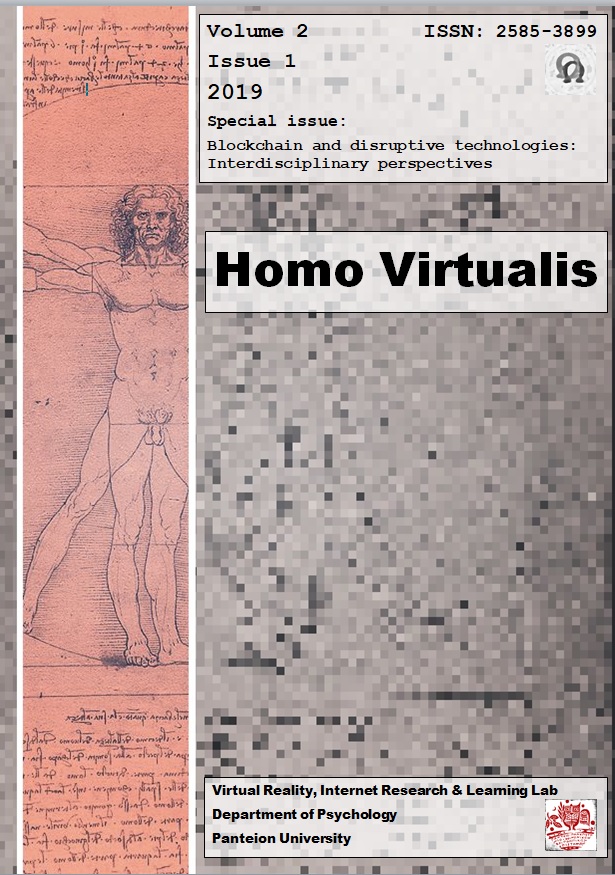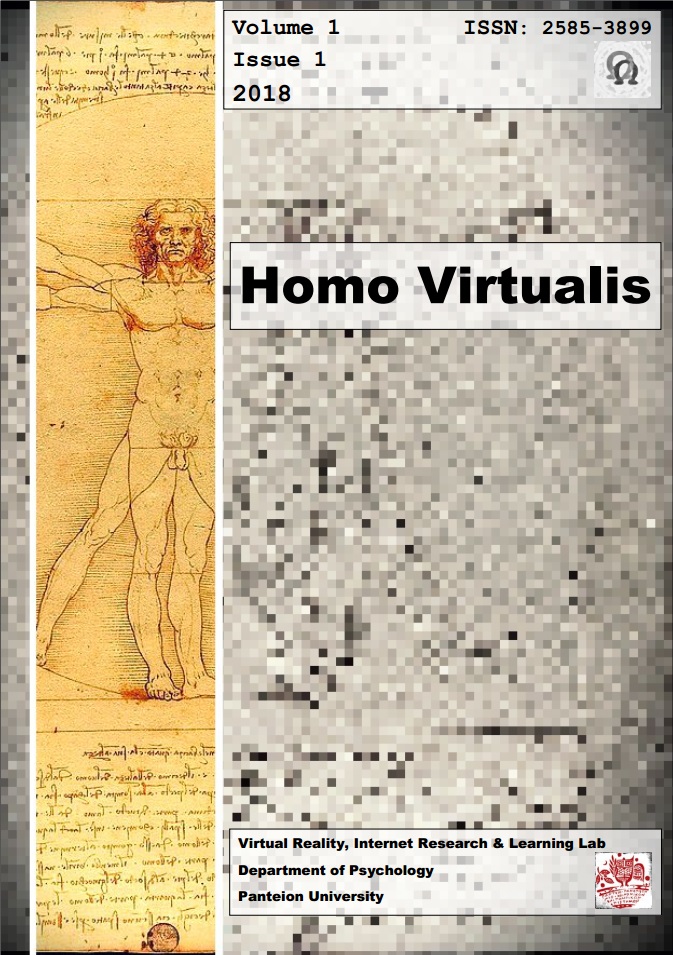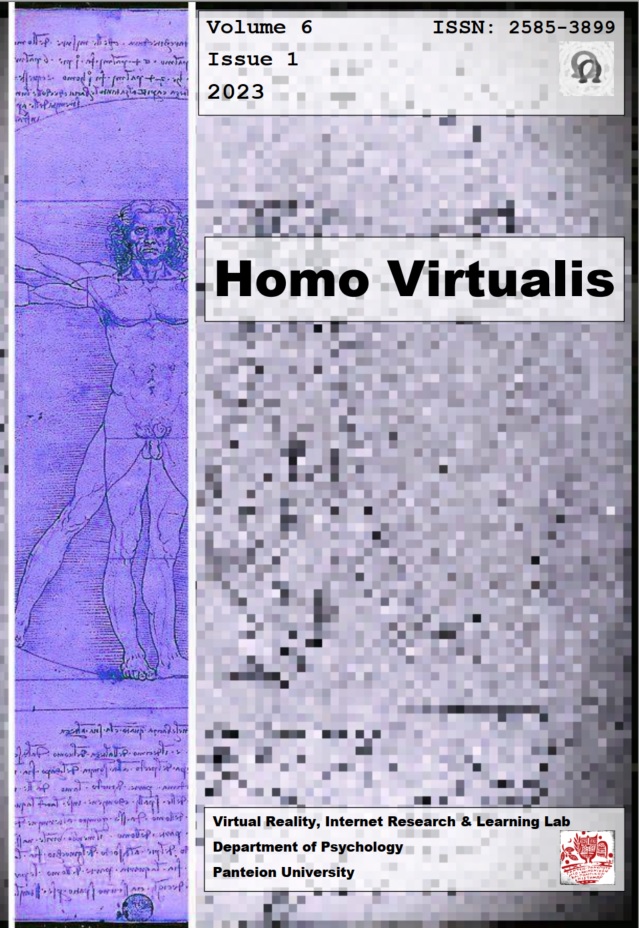Contextualising COVID-19 as a Digital Pandemic

Abstract
Growing systemic complexity and interdependence have made a large variety of systems (economic, public health, cyber, etc.) susceptible to irreversible and cascading failure. The coronavirus (COVID-19) pandemic is indicative of such complexity and currently causing vast human suffering all around the world, but also triggers a global online revolution with new opportunities, risks, threats and dangers. Starting from its description as the world's first digital pandemic, the central aim of this editorial is to contextualise Homo Virtualis's special issue on the COVID-19 disruption to the digital landscape and its societal impact. A concise overview of such disruption is presented and a few examples are given, along with a variety of interdisciplinary perspectives on mediatisation and globalisation, with special emphasis on Globalisation 4.0 and the transition to Artificial Intelligence Society.
Article Details
- How to Cite
-
Tsekeris, C., & Mastrogeorgiou, Y. (2020). Contextualising COVID-19 as a Digital Pandemic. Homo Virtualis, 3(2), 1–14. https://doi.org/10.12681/homvir.25445
- Section
- Editorial

This work is licensed under a Creative Commons Attribution 4.0 International License.
Authors who publish with this journal agree to the following terms:
· Authors retain copyright and grant the journal right of first publication with the work simultaneously licensed under a Creative Commons Attribution License that allows others to share the work with an acknowledgement of the work's authorship and initial publication in this journal.
· Authors are able to enter into separate, additional contractual arrangements for the non-exclusive distribution of the journal's published version of the work (e.g. post it to an institutional repository or publish it in a book), with an acknowledgement of its initial publication in this journal.
· Authors are permitted and encouraged to post their work online (preferably in institutional repositories or on their website) prior to and during the submission process, as it can lead to productive exchanges, as well as earlier and greater citation of published work.





